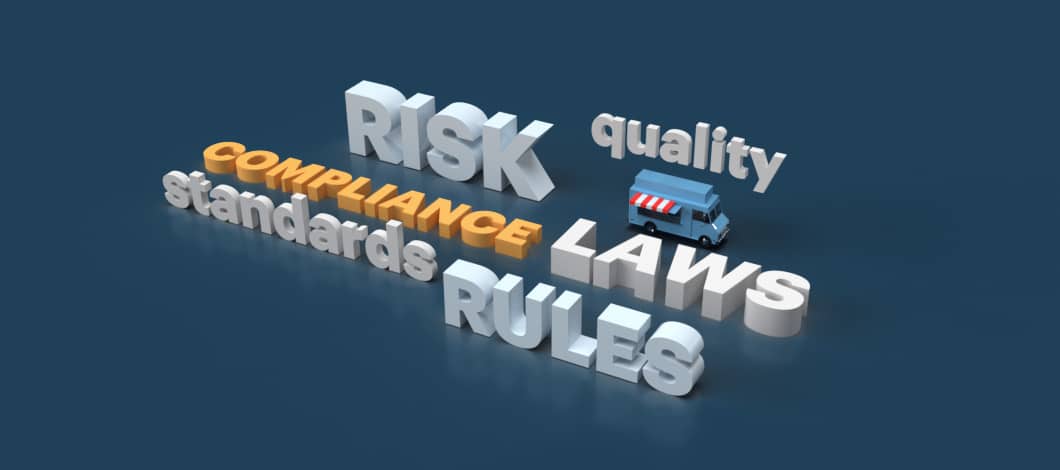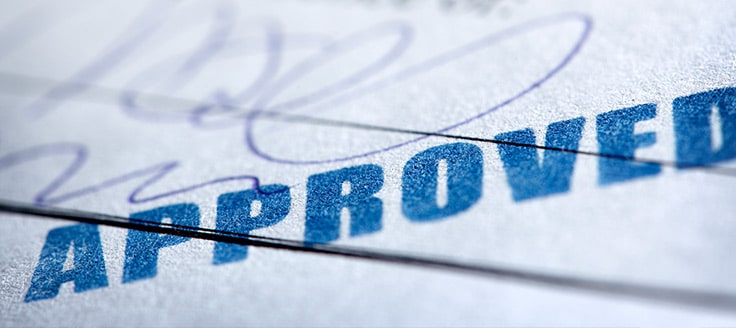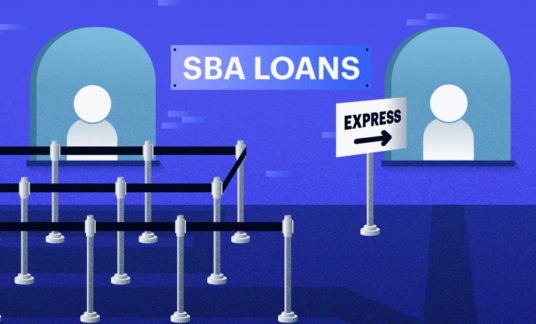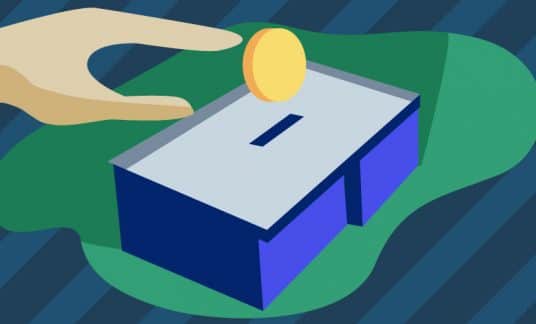A small business license enables you to legally carry on the affairs of your business in the state where you hold it. What you need will vary depending on your business’s activity, location and other specific governmental regulations.
Every business owner should know how to get a small business license. The steps are:
- Research the local, state and federal governments’ requirements for the business license(s) you need
- Gather the documents you’ll need to apply
- Complete and submit your application
- After receiving your business license, renew it as needed
Let’s take a closer look at each step to help you apply for a business license.
What Is a Business License?
A business license is a document that indicates your business meets its regulatory obligations and can legally operate in a particular region. Getting a business license requires paying fees in addition to proving you’re meeting government standards.
What Kind of Business License Do I Need?
The kind of business license you need depends on the type of small business you have and its location. Certain operations require a combination of state and federal licenses.
You should first determine if any of your business activities are regulated under a federal agency. If your business falls under any of the following categories, you might need to acquire special federal licensing.
Agriculture
Any business that accepts or transports plants, animals or organic matter across state lines might need a special license from the USDA.
Alcohol
Brewing, selling, importing or wholesaling alcoholic beverages falls under special licensing rules from the Alcohol and Tobacco Tax and Trade Bureau and your local liquor control board.
Aviation
Aircraft training, transportation and maintenance fall under this category. See the FAA for details.
Firearms, Ammunition and Explosives
Businesses creating or selling firearms, ammunition and explosives have their own requirements.
Fish and Wildlife
You’ll need a license from the U.S. Fish and Wildlife Service.
Commercial Fisheries
Requirements come from the Oceanic and Atmospheric Administration Fisheries Service.
Maritime
Overseas transportation and shipping companies must obtain licensing from the Federal Maritime Commission.
Nuclear Energy
Contact the U.S. Nuclear Regulatory Commission.
Radio and Television
You’ll need to contact the Federal Communications Commission.
Transportation and Logistics
Operators of oversized vehicles need special licensing from the U.S. Department of Transportation.
Your small business could fall into one of these categories because the definitions are broad. Do your research to learn if you need to apply for a business license from a particular agency due to those categories’ parameters.
Outside of these agencies, you may need to acquire one of the following:
- Local business license
- State business license
- “Doing business as” (DBA) license
- Peddler license
- Occupational/professional license
- Investment counseling
- Cleaning or janitorial license
- Vendor license
- Food license

How Much Is a Business License?
A business license cost varies from state to state and locality to locality because each governing entity sets its rates. Issuing bodies do, however, strive to make licensing fees affordable for businesses of all sizes. You can usually expect to pay in the neighborhood of a few hundred dollars, but no more than that.
How Long Does it Take to Get a Small Business License?
Most licenses take up to a month or more to receive; however, the timeline for getting a business license depends on whether it’s coming from a state or federal agency. It depends on the type of license you’re applying for, your industry and how accurately you complete the application forms.
If a governing entity has a backlog of applications, it can also cause delays. Due to those variables, it’s wise to apply for a business license as soon as you can.
Steps to Getting a Business License
While parts of the process will vary according to the governing entity and your industry, in general, these are the steps to getting a business license.
1. Investigate if you need to apply
Your industry and business type will determine whether you need to apply with the federal, state or local government — or likely all 3. This step can involve a good deal of “homework,” of where to get a business license. You’ll need to visit the websites of federal agencies, licensing bureaus or county clerks — and you might have to directly contact them for further information.
2. Have the relevant documents
When you apply for a business license, make sure you have necessary documents about your business and its staff, which can include:
- General information about your business (such as organizational structure, day-to-day operations, management list, etc.)
- Tax status information
- Any relevant paperwork regarding employer and employee training or background clearances (e.g., for a salon or child care center)
3. Complete and submit your application
You can submit applications through the mail or online. Processing and then getting a business license could take some time, perhaps a month or more. Be sure to send your application well in advance of your business’s opening or when your current license expires.
4. Renew your license
Many licenses require periodic renewals; be sure you know your licenses’ expiration dates. You also need to comply with required training or business practices to secure future license renewals.
How to Get a Small Business License in Each State
Contact your state’s governing authority to verify whether or not they require getting a business license. Each state has its process for issuing licenses, but determining how to get a small business license is simple. In most cases, you’ll be able to apply online.
To help you learn exactly what forms you need to fill out, what documents you need to submit and how much licenses cost where you do business, we’ve put together a list with a link for each state.












